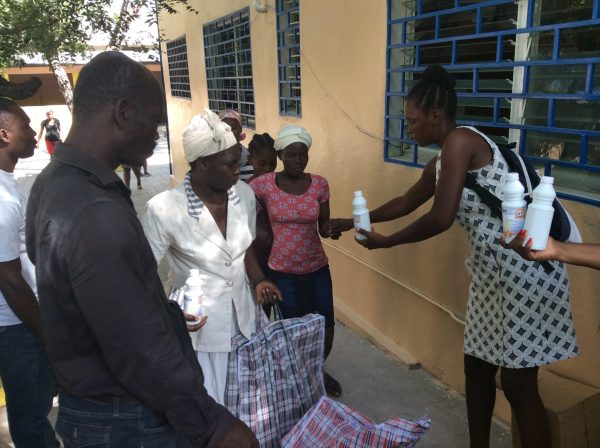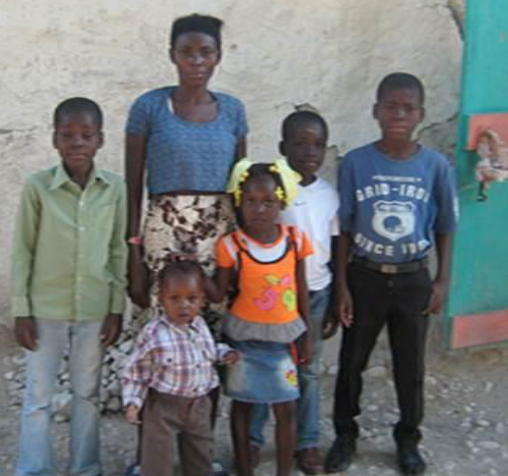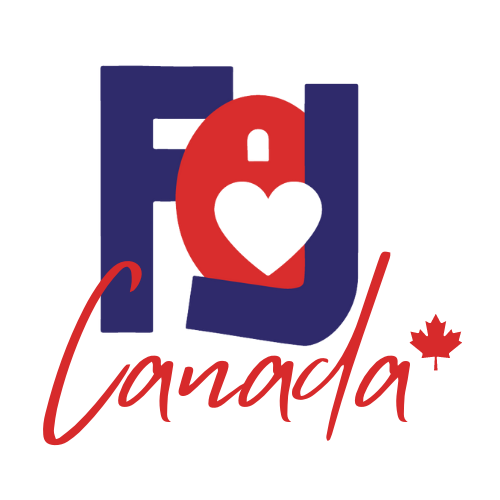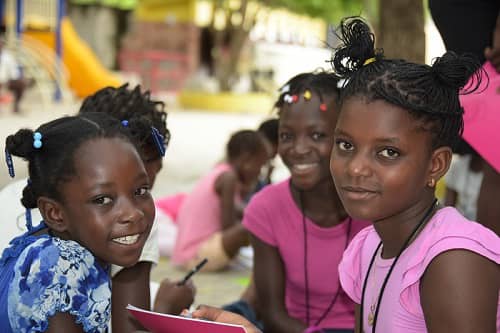Chache Lavi
Seeking Live Chercher la vie
Chache Lavi within the afro-indigenous destine community is designed with the intention of combating extreme insufficiency within Quebec society.
That is to say to help the women and families who are in disarray to have the necessary tools to achieve a positive and sustainable change in their lives.
Chache Lavi is a social program. It is also a program of reintegration and social strengthening. It is designed on the basis of a full circle approach, its main purpose being to allow for human development which is autonomous, comprehensive and sustainable. It encourages a sense of initiative, foster an entrepreneurial spirit, promote self-elevation that transforms benefactor to positive self-patterns, stimulate collective participation and consolidate community development. Having successfully run this program in Haiti, we are now working on bringing this program to marginalized women in Montreal.
The main purpose of Chache Lavi is to help the beneficiaries to create or expand to their full potential while providing them with the required technical and financial tools to increase their earnings in order to meet their immediate needs and those of their families. This program also aims to mentor those beneficiaries who have faced trauma or mental abuse. The ultimate goal is to achieve a significant transformation of the beneficiaries which will enable them to become self-sustaining in their daily lives and allow them to act for the collective well-being of their families and communities

Chache Lavi
Helping women elevate out of poverty.
Chache Lavi…
encourages a sense of initiative, fosters an entrepreneurial spirit, promotes self-elevation that transforms benefactor to positive self-patterns, stimulates collective participation, and consolidates community development.
How can you help?
We are currently accepting financial donations for the program we are running in Haiti, we welcome both one-time donations and sponsorships of women undergoing the program.
Who Are The Target Groups
Individuals or groups who face the greatest social, emotional or economic barriers. These would include those living in poverty and diverse marginalized groups who are at risk of social exclusion.
- Indigenous
- individuals experiencing
- LGBTQ2+
- living in remote and rural communities
- members of Black and racialized communities
- newcomers
- official language minority communities
- persons with disability
- seniors
- women
GEDI Focus on the following objective:
- develop and carry out self-elevation and empowerment services and supports to help increase the well-being of low-income benefactors
- We aim to support people who have been sufferer domestic violence does not always entail physical assault or injury. Domestic abuse can include different types of violence—psychological, verbal, economic, physical or sexual—and may appear in the form of more than one type of violence at a time.
The program is framed in five (5) successive phases, all of which are mandatory.
Selection
Transformation
Orientation
Accompanying
Graduation Phase
GEDI to strengthen the self-esteem of beneficiaries, particularly women, and get them to place value on their identities, their knowledge, and their cultures. When one has high self-esteem, one is comfortable with who one is. It is easier to know what one wants and to make informed decisions in one’s life. We want the person to like her reflection in the mirror and to realize her full potential. When one has low self-esteem, one is not aware of one’s true value and seeks external confirmation. This can lead to a feeling of powerlessness and lack of control, resentment, or blame. When one has low self-esteem, there is little chance to accomplish everything that one is capable of achieving. Self-confidence is directly related to the capacity of that person
Marie Guerdie is a mother of five who, with her husband, cares for a family of seven. Living in a small earthen house with limited resources, Marie previously struggled to make ends meet with a loan from a Haitian micro credit institution. The stress of the loan and the constant fear of nonpayment and penalties took a toll on her mental and physical well-being. But since receiving financial support from the Chache Lavi program, her life has transformed for the better. She has been able to expand her commercial activity and eliminate stress, and the training sessions have helped her to become a better communicator, a more patient mother, and a leader in her community.
Thanks to Chache Lavi,
Marie is now an inspiration to others and is actively promoting the protection of the environment in her community.


